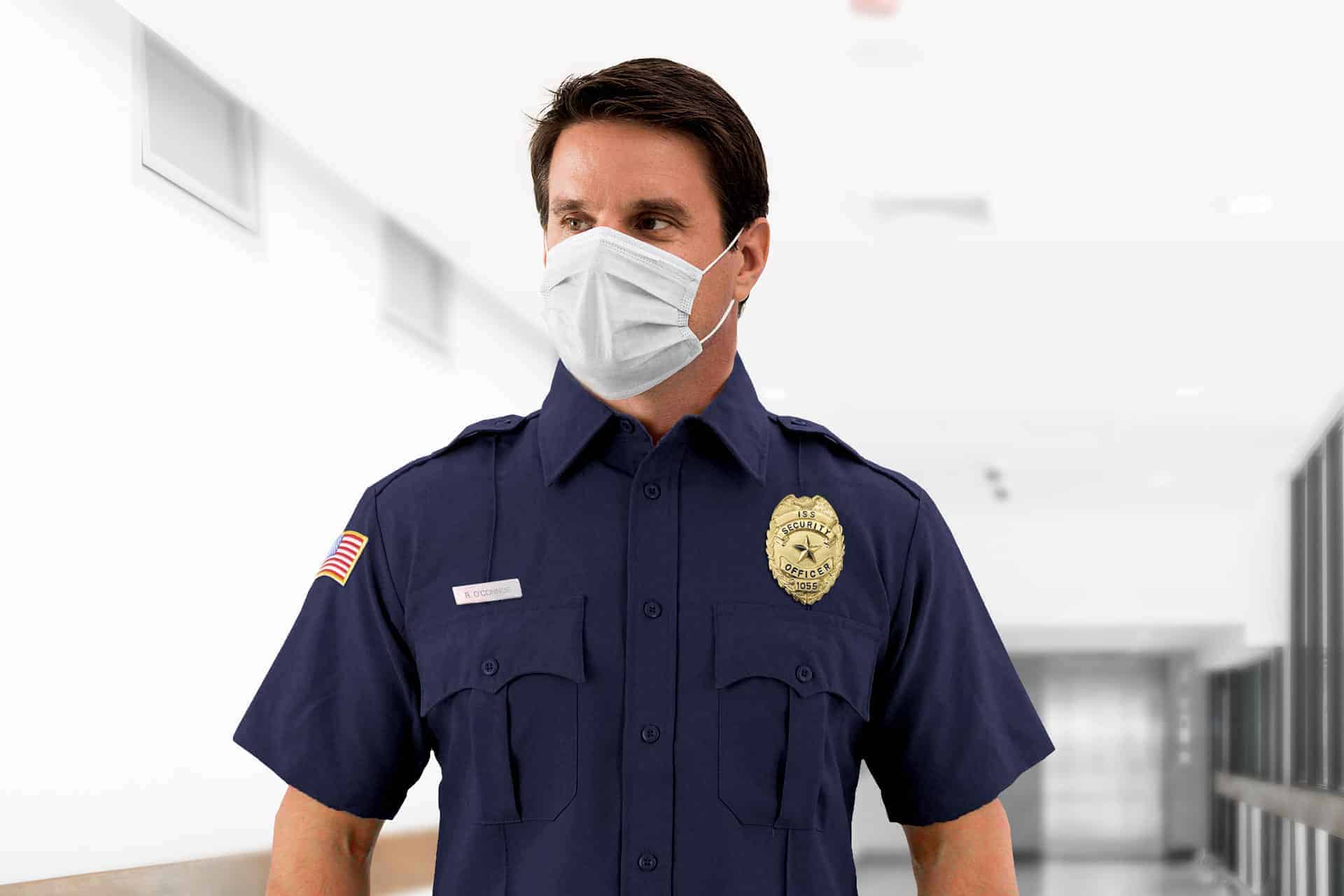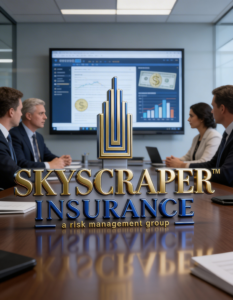Security officers have taken on more responsibilities to support pandemic precautions, resulting in new concerns that continue to linger.
The pandemic has raised new risk exposures and coverage questions for security firms and their insurance brokers to consider.
The COVID-19 pandemic spread uncertainty through businesses in every industry. Fortunately, the security industry adapted early with swift, decisive and flexible responses that allowed them to safely take on new responsibilities while also protecting front-line security officers.
However, as the pandemic continues, changing work environments have raised new risk exposures and coverage questions for security firms and their insurance brokers to consider.
The changing security market
Entering 2020, the security insurance market was already undergoing a challenging transition. Frequent, costly legal settlements had led to a hardening of the insurance market, bringing stricter underwriting guidelines, higher rates and premiums, and, in some cases, limited coverage offerings. The industry was in the midst of reassessing its risk profile and risk management practices to overcome this challenge.
Then COVID-19 emerged and confronted security firms with yet another critical obstacle: shutdowns of their workplaces. Business leaders worked quickly to keep serving clients while also protecting workers. They secured PPE and took on duties that the pandemic demanded. This meant everything from more patrol work to temperature screenings.
The strength of the security industry’s response to the pandemic was backed by 25 years of steady improvement in risk management practices. They adopted appropriate standards for guards, training practices and protocols, and partnered with brokers and insurers to become a safer industry overall. In short, they were ready, and their swift and informed response helped to keep the industry and its workforce both safe and on the job, supporting their communities.
Risk exposures and coverage concerns
As security officers began to take on more responsibilities to support pandemic precautions, new concerns arose and continue to linger in the industry, most notably with post orders.
Generally, if a security officer performs any duties outside of their specific post order, as specified in contracts with their clients, they risk being held liable for problems outside their control or performing services not covered by their policies. Taking on tasks such as sanitization or temperature checks likely not denoted in existing post orders, presented new risk exposures. We know many insurance professionals have fielded questions about this issue from clients.
Security firms can address this challenge by working with clients to either revise or establish new post orders to better reflect the depth of their workers’ current responsibilities, while also working with their local insurance professional to make sure there is insurance coverage for these new exposures. This would allow the officers to continue to support businesses adapting to the pandemic, while also being covered by their insurance policy.
Throughout the pandemic, security officers have been asked to handle temperature screening. However, since the temperature checks are intended to screen out symptomatic individuals, the security firm could be opening themselves up to claims that they “allowed” someone with COVID-19 into a building. As we all well know at this point, a healthy temperature reading does not guarantee the absence of the virus — a reality that needs to be addressed in the contract agreement between the security firm and the protected business.
Temperature screenings are a good example of when agents and brokers can talk to their clients about requesting a hold harmless waiver related to COVID-19. This waiver will confirm that the business is aware of the risks and potential harm they incur and that the security firm cannot fully limit the risk of COVID-19, even with temperature checks.
Temperature screening also creates coverage questions and concerns. Some commercial insurance programs for security professionals include incidental medical malpractice coverage, which is now more important than ever. That provides coverage for pandemic-related duties, such as temperature screenings, provided they establish that their work does not guarantee the absence of COVID-19.
In order to avoid tasking security officers with a pseudo-medical responsibility, security firms have also turned to contracted medical professionals to handle this work. True medical professionals are not covered under most security firms’ commercial policies, which means the firms would need to ensure these contractors have appropriate medical malpractice policies before performing work on behalf of the firm.
Similarly, sanitation work taken on recently by security officers raises concerns about coverage risk exposures. Of course, the post order issue remains a concern here, and security firms should review and revise their contracts as needed before adding any new responsibilities. This is another place where brokers can be particularly helpful, working with security firms to decide whether they are covered, and if not, if the insured wants to take on the work. Since sanitization work lies outside the scope of security duties, typically it would be excluded from a policy designed for a security firm. This means they may need a different policy to cover the work, under a separate ISO classification, likely for janitorial work.
Workers’ compensation considerations
In addition to new responsibilities, COVID-19 raised concerns about workers’ compensation exposures and employee safety. However, as I described above, security firms have responded quickly and efficiently to protect their officers who were still working. One of the leading factors in the security industry’s successful response was their immediate prioritization of providing officers with access to PPE and other needed tools to continue working in a safe environment.
In the event a security officer does contract COVID-19, what should their response be? The officer should immediately notify their employer and seek medical attention, if necessary, and isolate as instructed. The employer should then report to their workers’ compensation carrier so they can set up a file and perform a full investigation, including contact tracing, to determine compensability.
For businesses in all industries, COVID-19 has not only raised safety concerns but also struck a blow to their viability. Yet we have been reassured to see how many security firms were able to keep operating while protecting their employees and clients. If anything, this is a testament to the power of adopting a risk management mindset, and a reminder that all industries must continue to prioritize careful risk management going forward.









